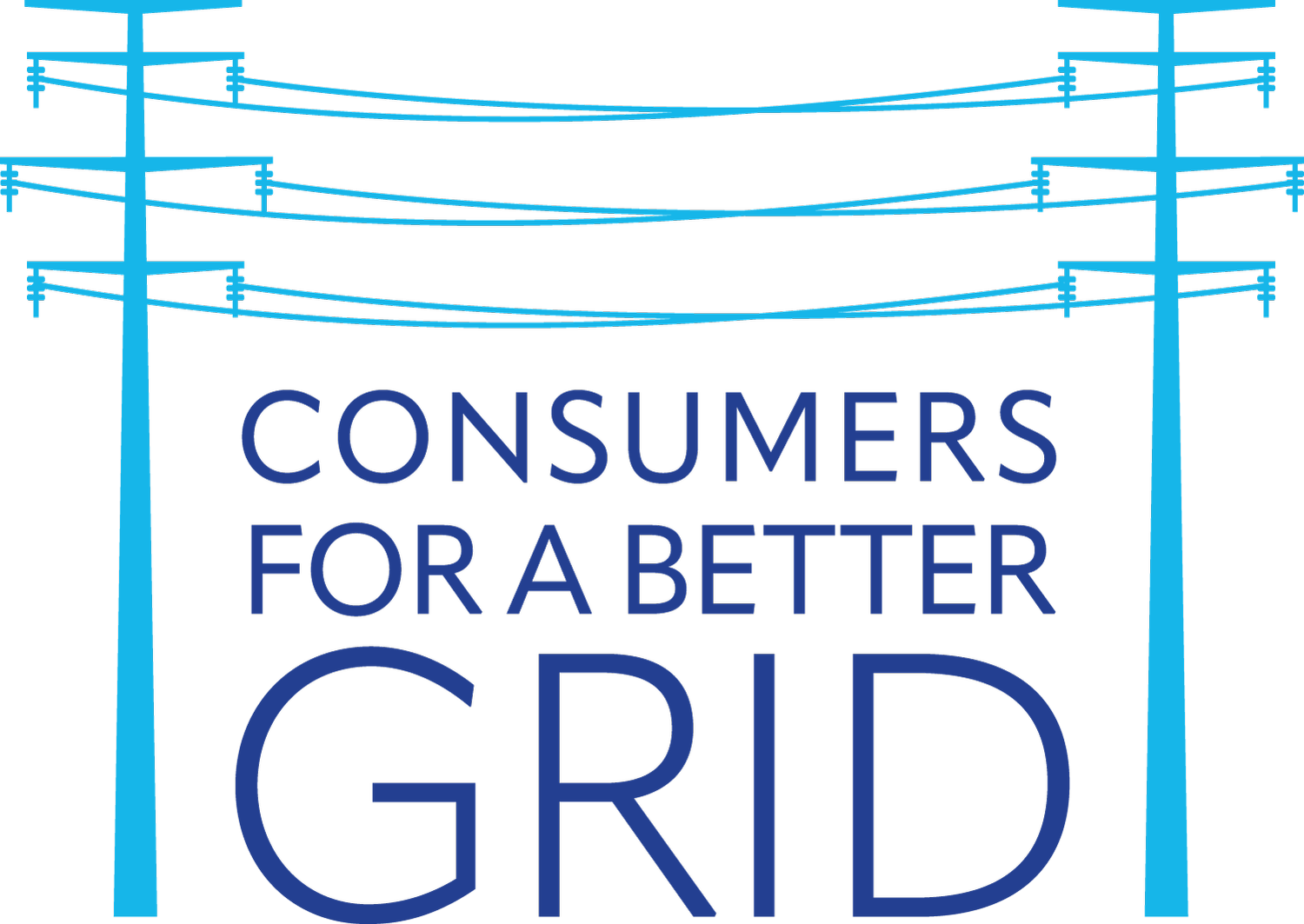Managing the Energy Transition
What's it all about? The clean energy transition is upon us–cleaner, cheaper resources like wind, solar, and batteries are the future. But PJM is still stuck living in the past and has hampered the transition. We are on constant watch to make sure power grid operators get with the program and employ rules that treat clean energy sources fairly.
Interconnection queue reform: Developers have proposed enough wind, solar and battery storage projects (about 290 gigawatts) to provide abundant and low-cost energy for the region and bring down prices in PJM's capacity market. Unfortunately, these projects wait so long for final approval in PJM’s “interconnection queue” that most are in danger of never getting built. The Federal Energy Regulatory Commission (FERC) has laid out new standards–Order 2023–for interconnection processing. PJM has been foot-dragging on compliance, asking for exceptions to a number of these standards. Although there’s more work to do, FERC took a step in the right direction when it ordered PJM to incorporate battery storage and Grid Enhancing Technologies (GETs) in commonsense ways in its grid planning. “We urge the grid operator to make the ordered changes and work with PJM states and environmental and consumer advocates to process the interconnection queue faster and reduce prices,” CUB and the Consumers for a Better Grid project said in a statement.
Surplus Interconnection Service: Surplus interconnection allows multiple resources to use the same interconnection point and fill in when another resource isn’t performing. For example, a gas plant could share a connection with a battery, which means the gas plant could run less while the battery provides capacity. One study has shown that PJM could add a whopping 153 GW of clean energy through surplus. FERC recently approved PJM’s proposal for surplus–developers should take advantage of this grid efficiency quickly!
The gas fast-track: The nation’s largest power grid operator says it’s “fuel neutral” when considering energy resources, but PJM policies tend to favor dirty gas at the expense of wind and solar projects. For example, instead of fully and completely complying with FERC Order 2023, a federal rule to improve and speed the process of connecting to the grid, PJM has unveiled a special, “one-time” fast-track interconnection process, called the Reliability Resource Initiative, that would bypass the existing interconnection queue. PJM’s proposal would let new resources–including dirty gas plants–cut in line and be considered along with projects that have already been waiting—for years—for PJM to connect them to the grid.
Why should consumers care? Large-scale onshore wind and solar projects are the most cost-effective forms of new energy generation–even without tax subsidies, according to a 2025 report from the financial firm Lazard. Those resources also avoid the expensive societal costs of fossil fuels–like health problems and climate change. Unfortunately, under proposals like the gas fast track and the DOE 202(c) orders, customers would be on the hook for higher electric bills to support dirty energy and slow the transition to clean resources. It is vital that we maintain vigilance because fossil fuel interests are constantly working to engineer rule changes that favor them.
Resources

